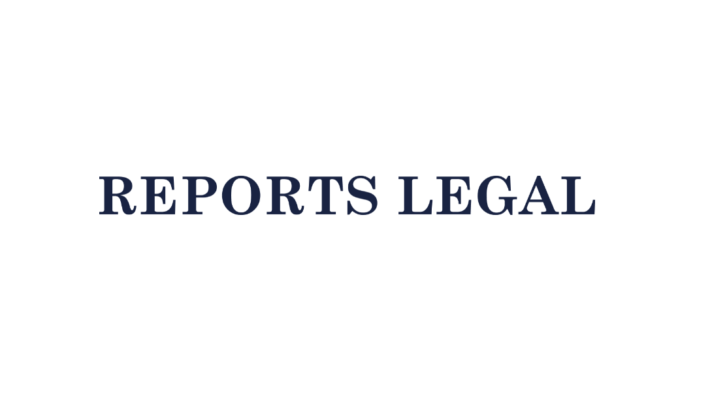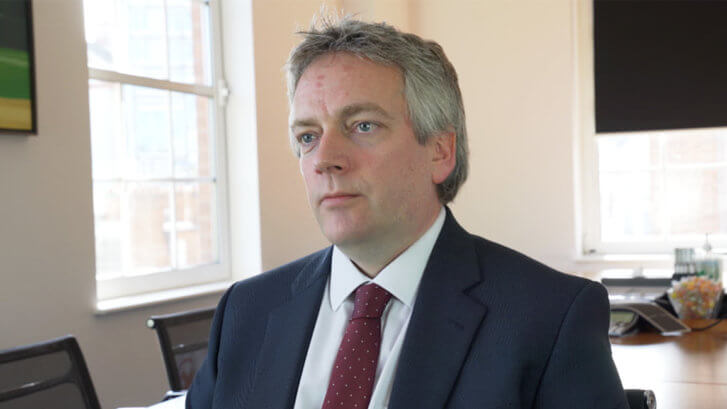
John Binns


Tom McNeill and John Binns write for Reports Legal on Law Commission proposals on corporate criminal liability

John Binns discusses ’’Overview of anti-bribery and criminal law in the life sciences sector’’ with LexisNexis

Defending failure to prevent offences

John Binns writes for Money Laundering Bulletin discussing the UK’s law enforcement on Russian oligarchs

David Hardstaff and John Binns write for Open Access Government exploring shifting sands in the UK CBD industry

John Binns writes for Thomson Reuters discussing cannabis and money laundering


